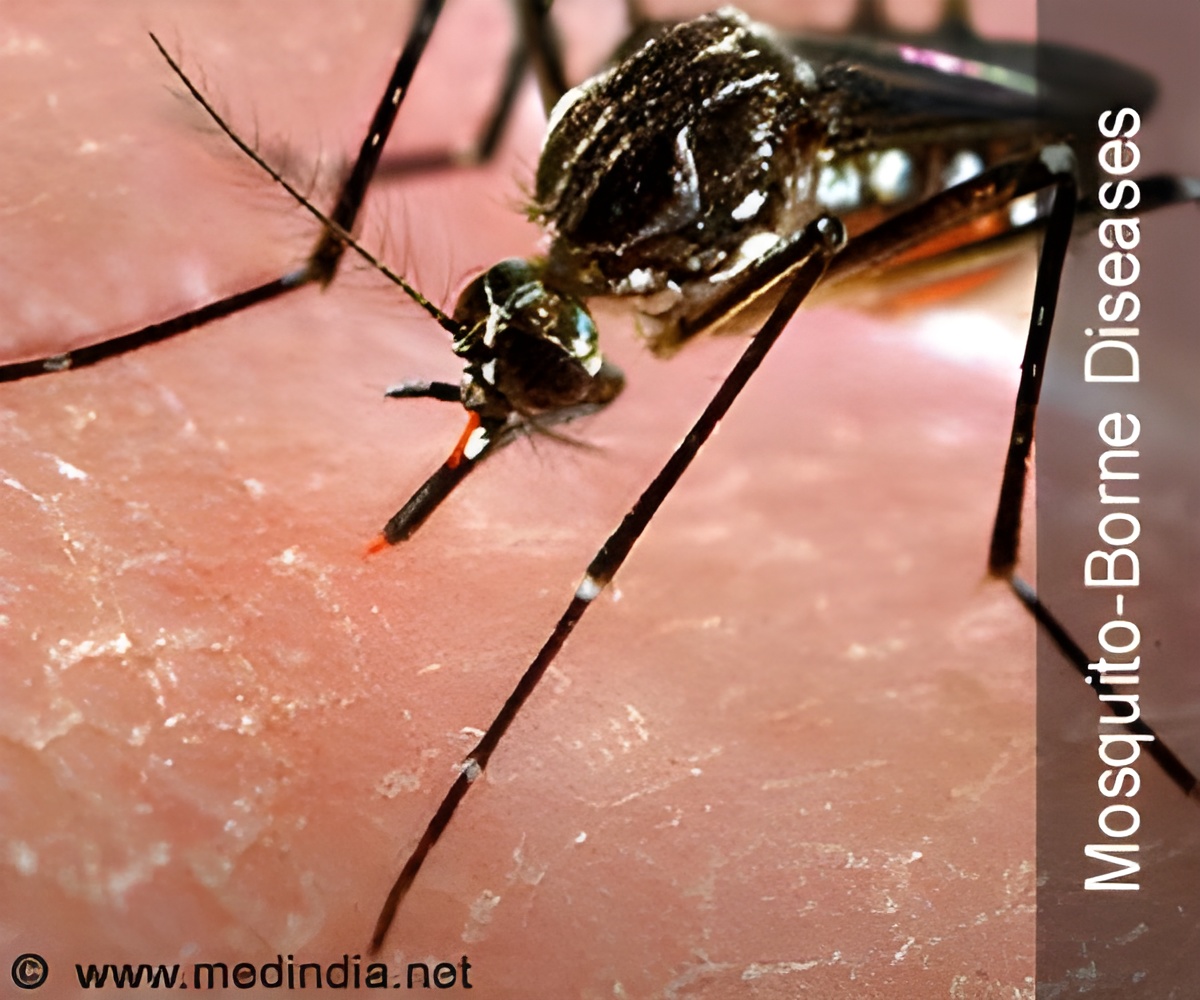A common type of malaria is now getting more powerful, putting millions of African people at risk, scientists claim

"If this is on the move into continental Africa, it is going to complicate all the efforts of malaria elimination that have begun to make some progress there," Peter Zimmerman, professor of international health, biology and genetics at the Case Western Reserve School of Medicine, told AFP.
Zimmerman presented the latest research on the evolving nature of P. vivax in the US capital at the American Society of Tropical Medicine and Hygiene annual meeting.
P. vivax already causes over 100 million cases of malaria annually, but Africans and African-Americans in a certain blood group called Duffy negative have enjoyed natural immunity to the parasite.
Researchers first learned of this resistance, which is quite common among populations in sub-Saharan Africa and exists throughout the continent, in the early 20th century.
"It is sort of a bizarre start to the story," said Zimmerman.
Advertisement
After the practice spread through Europe, it reached the American medical community in 1922, he said.
Advertisement
Subsequent research confirmed this finding.
While P. vivax causes some 65 percent of malaria in India and is endemic in many other parts of the world, much of Africa has remained immune.
That is not the case for P. falciparum, the most deadly type of malaria and the kind that is largely blamed for the estimated 660,000 people -- mainly children in Africa -- killed by the infection in 2010 according to the World Health Organization.
While P. vivax is not nearly as deadly and is sometimes called "benign malaria," it can cause chronic infection, fever chills, headache, vomiting, diarrhea and an enlarged spleen.
It is also growing increasingly resistant to current drug treatments, according to the Malaria Vaccine Initiative.
The Malaria Atlas Project has estimated that 2.5 billion people worldwide are at risk for P. vivax malaria.
In 2010, Zimmerman and colleagues first reported that studies in Madagascar had shown that P. vivax infections were in 10 percent of people in the Duffy negative blood group.
"That was higher than I had ever heard of and higher than anyone had ever reported by a long way," he told AFP.
Genomic studies have since shown that a duplication of a gene known to enable the parasite to infect red blood cells could be aiding the evolution of P. vivax.
But more research is needed to gain an understanding of how it is changing and what can be done to stop it.
"A lot of times scientists like to tell you about the results and the answers," Zimmerman said.
"This problem is going to be difficult enough, and people are curious about it enough, that we thought it would be good to bring the idea to the ASTMH meeting to lay all the cards out on the table and discuss amongst the vivax-malaria research community, how will we study this and how will we make progress?"
Further details on the changes in the P. vivax genome are to be published in the journal PLoS Neglected Tropical Disease on November 21 and December 5.
Source-AFP













